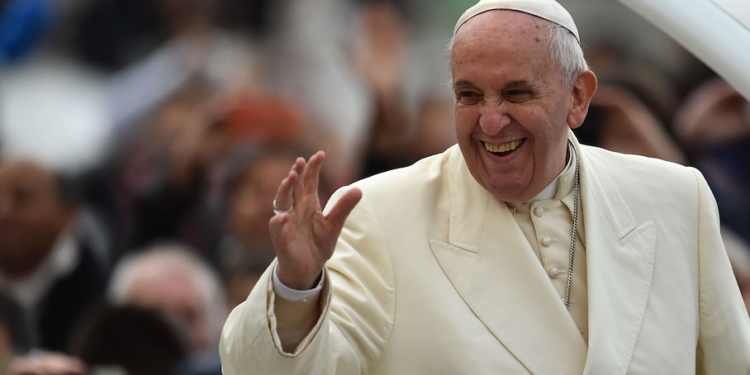Contents
- 1 A Humble Servant Leading a Global Church
- 2 From Privileged Youth to Champion of the Poor
- 3 Reforming the Church Amid Crisis
- 4 Decentralizing Power and Embracing Diversity
- 5 Extending Compassion to Society’s Margins
- 6 Interfaith Dialogue and Global Peace
- 7 Environmental Stewardship and Social Justice
- 8 Progressive Values and Traditional Constraints
- 9 Impact on Africa and the Global South
- 10 The Question of Succession
- 11 Unfinished Reforms and Future Challenges
- 12 A Legacy of Compassion and Challenge
The Catholic Church and the world lost a transformative leader when Pope Francis passed away on Easter Monday at the age of 88. Born Jorge Mario Bergoglio in Buenos Aires, Argentina, Pope Francis led the Catholic Church for 12 years with a distinctive style that emphasized humility, mercy, and a profound concern for those on society’s margins. From his decision to live in simple quarters rather than the opulent papal apartments to his dramatic gestures of washing prisoners’ feet, Francis consistently challenged both the Church hierarchy and global leaders to prioritize compassion over protocol.
This article explores the multifaceted legacy of a pope who sought to bring the Church closer to the people it serves while addressing some of the most pressing issues of our time—from environmental degradation to economic inequality, interfaith tensions to institutional reform. As the Church mourns Pope Francis‘ passing and looks toward its future, we reflect on how this “pope for the poor” reshaped the papacy for the 21st century.
A Humble Servant Leading a Global Church
Pope Francis, who was laid to rest in the Vatican yesterday, leaves behind a transformative legacy that reshaped the Catholic Church’s engagement with the modern world. Born Jorge Mario Bergoglio to Italian immigrant parents in Buenos Aires, Francis became the first Latin American pope when elected in 2013. His choice of the name “Francis,” honoring St. Francis of Assisi, immediately signaled his commitment to humility, poverty, and service to the marginalized—values that would define his papacy.
From the moment of his election, Pope Francis broke with tradition by declining the lavish papal apartments and opting for simpler living quarters. This symbolic gesture reflected his broader vision for a Church that would prioritize compassion over pomp, direct engagement over distant authority, and dialogue over dogma.
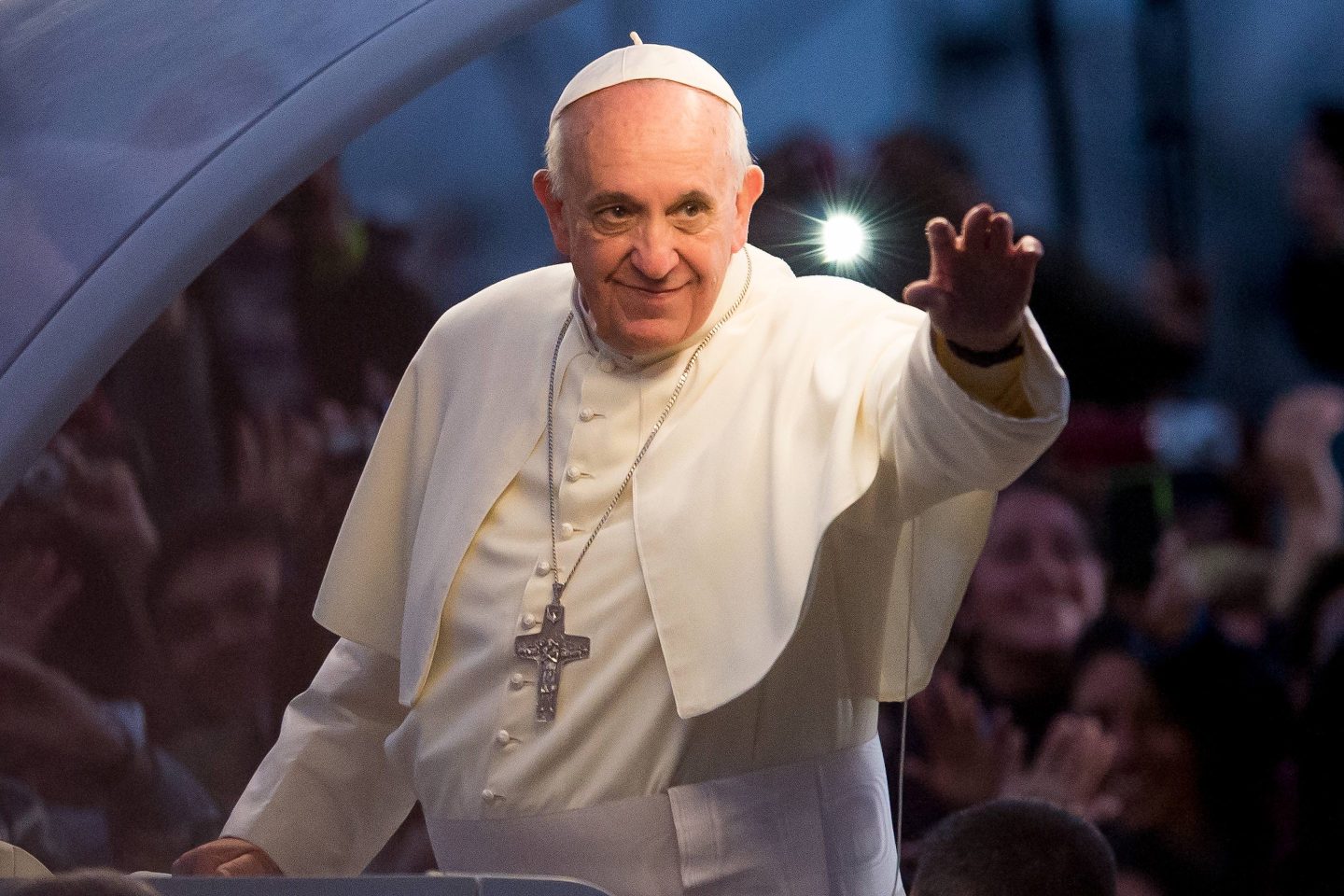
From Privileged Youth to Champion of the Poor
Pope Francis’ journey to becoming the “poor people’s pope” began long before his papacy. As a young man, Bergoglio experienced a profound spiritual calling during a visit to a local church in Buenos Aires. This experience led him to join the Jesuit order, known for its intellectual rigor and commitment to social justice.
As a priest and later Archbishop of Buenos Aires, Bergoglio demonstrated his dedication to the marginalized. During Argentina’s political turmoil in the 1970s, including the 1976 coup, he navigated a complex landscape while quietly aiding those in danger. His work in the impoverished neighborhoods of Buenos Aires foreshadowed his later emphasis on the Church’s responsibility to serve the poor actively rather than merely offering charity from a distance.
“The Church must step outside herself,” Francis often stated, emphasizing that ministers should “smell like the sheep” they serve—a colorful metaphor for his belief that clergy should be deeply immersed in the lives of their congregations rather than remaining remote authority figures.
Reforming the Church Amid Crisis
When Francis ascended to the papacy, the Catholic Church faced multiple crises, including the devastating child sexual abuse scandal and financial corruption exposed through the Vatileaks. Francis approached these challenges with both compassion and determination for reform.
Regarding the abuse crisis, Francis expressed profound remorse over the Church’s failures: “We showed no care for the little ones; we abandoned them.” He initiated new procedures for accountability, though critics noted inconsistencies in implementation across different countries. Nevertheless, his willingness to listen to victims represented a significant shift in the Church’s approach.
Watch the documentary “Francis – A pope for the poor and the marginalized” below. Courtesy of DW Documentary.
Pope Francis also tackled financial corruption within the Vatican, instituting reforms to increase transparency and ethical management of Church assets. These efforts often met resistance from entrenched interests within the Curia, highlighting the challenges of institutional reform even for a pontiff.
Decentralizing Power and Embracing Diversity
A defining element of Francis’ papacy was his effort to decentralize Church authority and amplify diverse voices within Catholicism. The Synod, a gathering of bishops and laypeople to discuss the Church’s future, exemplified this approach. Francis specifically sought to include marginalized voices, particularly youth from diverse backgrounds, in these conversations about the Church’s direction.
Cardinal Reinhard Marx praised this initiative: “The Pope wants to hear the voice of God in the voice of the people.” This participatory model represented a significant departure from the hierarchical tradition of the Church.
Francis also expanded the College of Cardinals to better reflect global Catholicism, appointing cardinals from previously underrepresented regions, particularly in the Global South. This diversification may have lasting implications for the future leadership of the Church.
Extending Compassion to Society’s Margins
Perhaps most visibly, Pope Francis consistently directed the Church’s attention to those on society’s margins. His initiatives for the homeless in Rome, including healthcare services and shelters, demonstrated practical application of his values. During one shelter visit, he emphasized: “The poor deserve beauty and dignity, not leftovers.”
Francis also advocated strongly for refugees and migrants, often at odds with political trends toward nationalism and closed borders. “We need to build bridges, not walls,” he famously stated, challenging global leaders to respond with compassion to the refugee crisis.
His outreach extended to prisons, hospitals, and disaster zones, earning him the reputation as a pope who prioritized direct engagement with suffering over ceremonial duties.
Interfaith Dialogue and Global Peace
Pope Francis distinguished himself through unprecedented efforts at interfaith dialogue. He became the first pope to recognize representatives of Islam and Judaism as equals, symbolizing his commitment to religious cooperation rather than competition.
Dramatic gestures underscored this commitment, such as kneeling to kiss the feet of rival leaders in South Sudan, imploring them to maintain peace, and visiting a besieged mosque in the Central African Republic during violent conflict. These actions demonstrated his belief that religious leaders must actively work for peace rather than merely condemning violence.
During interfaith gatherings in Rome, Francis emphasized: “We are all children of God. We are all brothers.” This theme of universal fraternity defined his approach to religious differences and international relations.
Related: What is Religioisity and What are the Commonalities of All Religions?
Environmental Stewardship and Social Justice
Pope Francis brought the Catholic Church forcefully into contemporary discussions about climate change and environmental protection. His 2015 encyclical “Laudato Si'” (Praise Be to You) framed environmental degradation as both a scientific crisis and a moral failing that disproportionately harms the poor.
“The earth, our home, is beginning to look more and more like an immense pile of filth,” he wrote with characteristically direct language, challenging both political and economic systems that prioritize profit over planetary health and human dignity.
Francis consistently linked environmental concerns with social justice, arguing that the same mindset that exploits the earth also exploits vulnerable populations. This integrated approach to ecological and social ethics represented a significant development in Catholic social teaching.
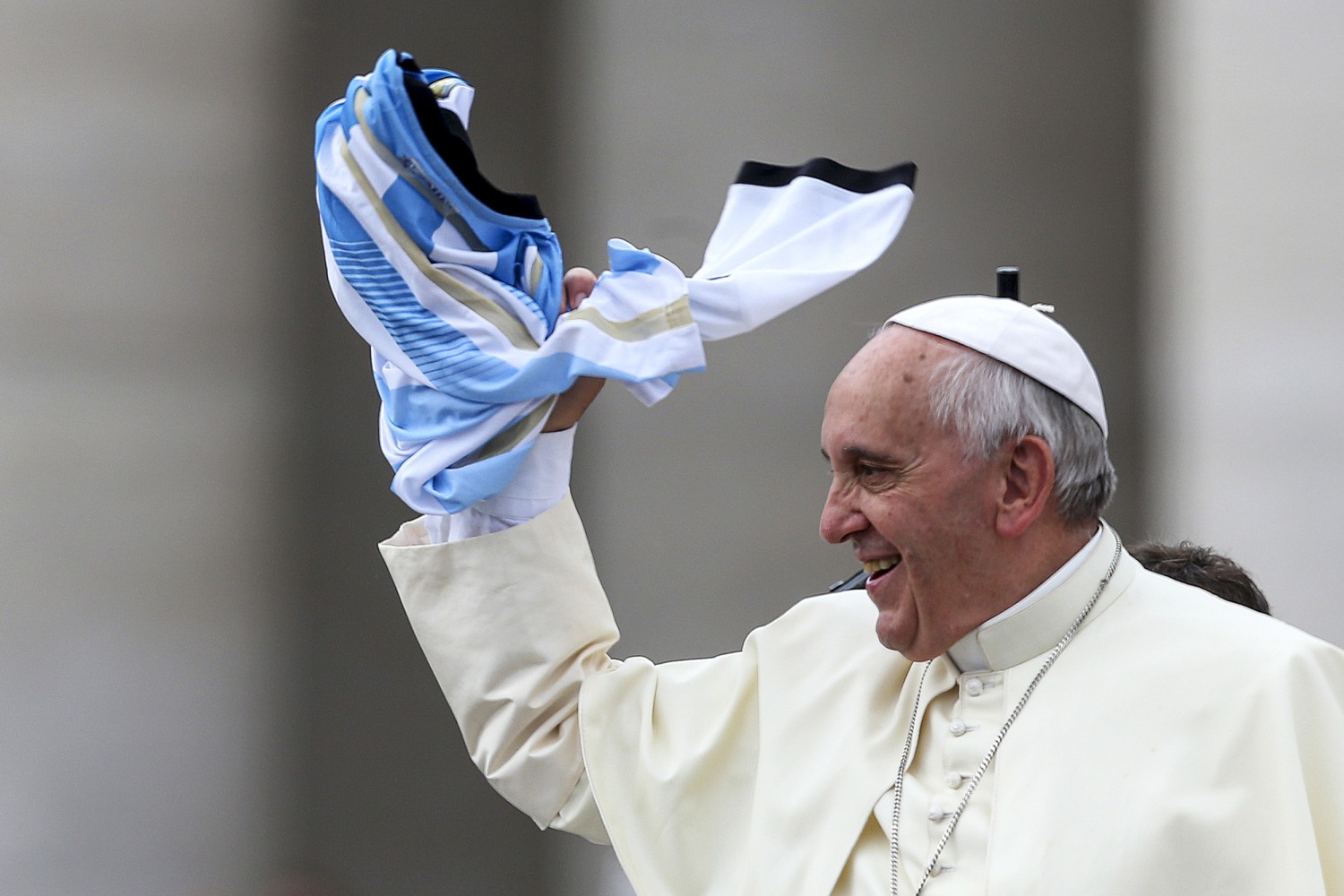
Progressive Values and Traditional Constraints
Despite his progressive reputation, Pope Francis maintained many traditional Catholic doctrinal positions, particularly regarding gender roles within the Church. The Maria 2.0 movement in Germany, which advocates for women’s ordination, expressed disappointment that Francis did not move more decisively on gender equality despite his other reforms.
On LGBTQ+ issues, Francis struck a more welcoming tone than his predecessors, famously asking, “Who am I to judge?” regarding gay Catholics. He encouraged a more pastoral approach while maintaining traditional Church teaching on marriage. This balanced position satisfied neither conservatives nor progressives fully but reflected his preference for incremental change through dialogue rather than decree.
Impact on Africa and the Global South
Pope Francis made five significant visits to Africa during his papacy, focusing on interreligious dialogue, social justice, climate change, and peacebuilding. His trips to conflict zones like the Central African Republic, South Sudan, and the Democratic Republic of Congo left lasting impressions.
Local leaders credited his visits with fostering hope and community harmony. One notable impact was the significant growth of Catholicism in Africa, with millions of new converts attributed to Francis’ influence and his emphasis on a Church that engages directly with local realities and challenges.
Pope Francis consistently spoke against the exploitation of Africa, insisting that the continent be treated with respect and dignity rather than viewed merely as a source of resources. This message resonated deeply across African Catholic communities.
Watch “The Impact Pope Francis Made on Africa” below. Courtesy of DW News.
The Question of Succession
Pope Francis’ passing raises questions about the future direction of the Catholic Church. There is growing discussion about the possibility of an #AfricanPope, reflecting the demographic shift of Catholicism toward the Global South. Potential African candidates include Cardinal Peter Turkson of Ghana, known for his work on global issues and peacebuilding, and Cardinal Robert Sarah of Guinea, who represents a more traditional theological perspective.
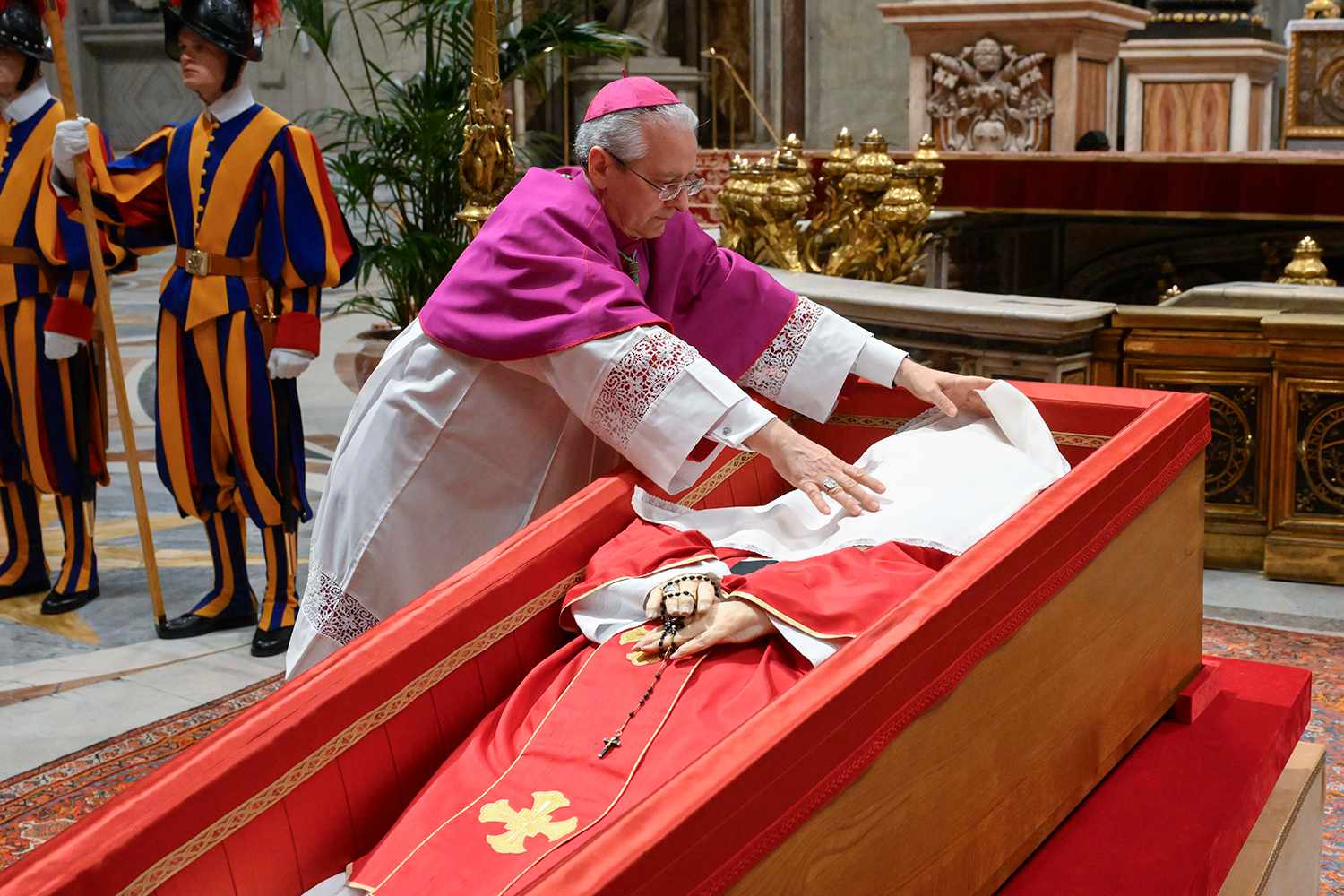
An African pope would face the challenge of addressing historical injustices related to colonialism and slavery while bridging divides within the Church between progressive and conservative factions. The succession will significantly impact whether Francis’ reforms continue, accelerate, or face reversal.
Unfinished Reforms and Future Challenges
Despite his significant achievements, #PopeFrancis left many reforms incomplete. Critics, including some of his cardinal advisers, noted that he often initiated progressive processes without fully implementing them. Issues like mandatory celibacy for priests, women’s ordination, and Church governance structures remain contentious and unresolved.
The Church continues to grapple with declining membership in traditional strongholds while experiencing growth in Africa and parts of Asia. The next pontiff will need to address these demographic shifts while maintaining doctrinal coherence across increasingly diverse cultural contexts.
Watch the documentary “The Life of Pope Francis and its important moments” below. Courtesy of DW Documentary.
A Legacy of Compassion and Challenge
Pope Francis will be remembered as a transformative figure who challenged the Catholic Church to rediscover its roots in service to the marginalized. Through both symbolic gestures and substantive reforms, he redirected the Church’s attention from institutional preservation toward active engagement with the world’s suffering.
His papacy demonstrated that religious leadership in the 21st century requires both compassion and courage—compassion to respond to human suffering and courage to confront powerful systems that perpetuate injustice. Whether advocating for climate action, migrant rights, or economic justice, Francis consistently aligned the Church with those on the peripheries of society.
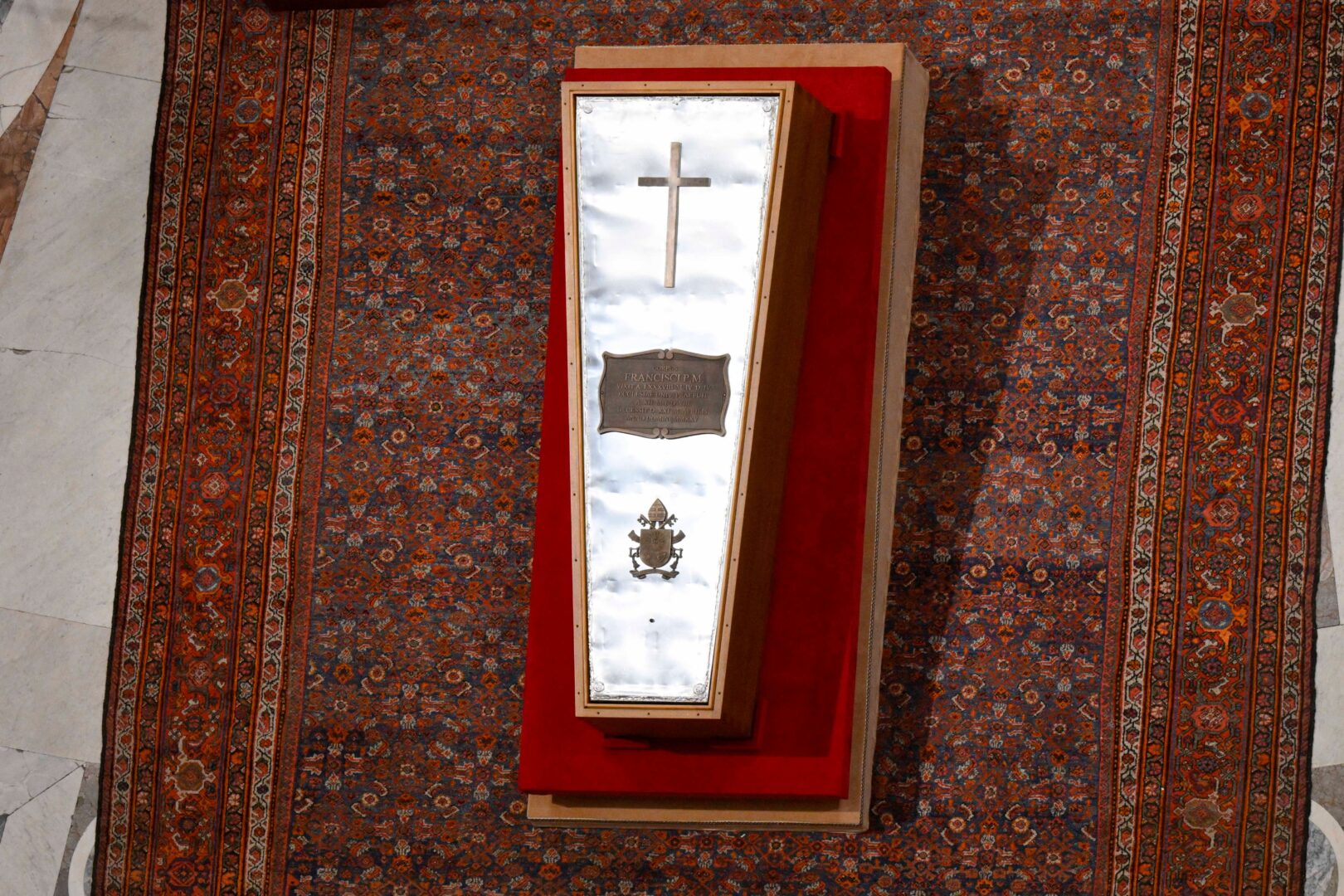
As the Catholic Church moves forward without Francis’ physical presence, his spiritual example continues to challenge believers and non-believers alike to build a more just, peaceful, and sustainable world. Perhaps this challenge—to see the divine in the face of the poor and to respond with loving service—constitutes his most enduring legacy.
This article has been written with the help of A.I. for topic research and formulation.


